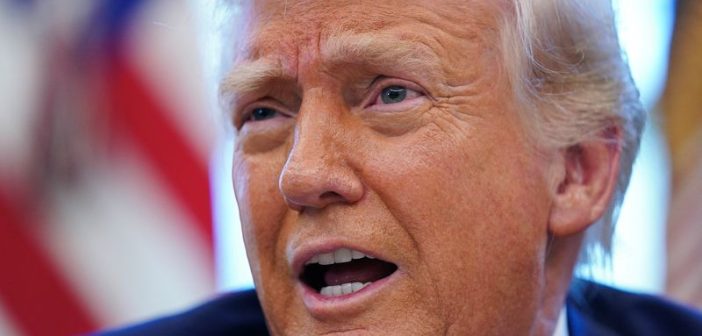Former President Donald Trump has suggested that imposing tariffs could significantly reduce or even eliminate income taxes for Americans earning less than $200,000 annually. In a recent Truth Social post, he stated, “When tariffs cut in, many people’s income taxes will be substantially reduced, maybe even completely eliminated. Focus will be on people making less than $200,000 a year.”
Policy Overview
-
Tariff Implementation: Trump’s proposal involves increasing tariffs on imported goods to generate revenue.
-
Income Tax Reduction: The revenue from tariffs would be used to lower or eliminate income taxes for individuals earning under $200,000.
-
Additional Tax Reforms: Plans also include eliminating taxes on Social Security benefits, tips, and overtime pay.
Economic Considerations
While the proposal aims to alleviate the tax burden on lower-income Americans, economists express concerns:
-
Revenue Sufficiency: Analysts argue that tariffs alone may not generate enough revenue to offset the loss from income tax cuts.
-
Consumer Impact: Increased tariffs could lead to higher prices for imported goods, potentially negating the benefits of income tax reductions for consumers.
-
Economic Inequality: There is apprehension that such policies might disproportionately affect lower-income households due to increased living costs.
Legislative Outlook
Implementing these changes would require congressional approval. Given the potential for increased federal deficits and the complexity of overhauling the tax system, the proposal faces significant legislative hurdles.




